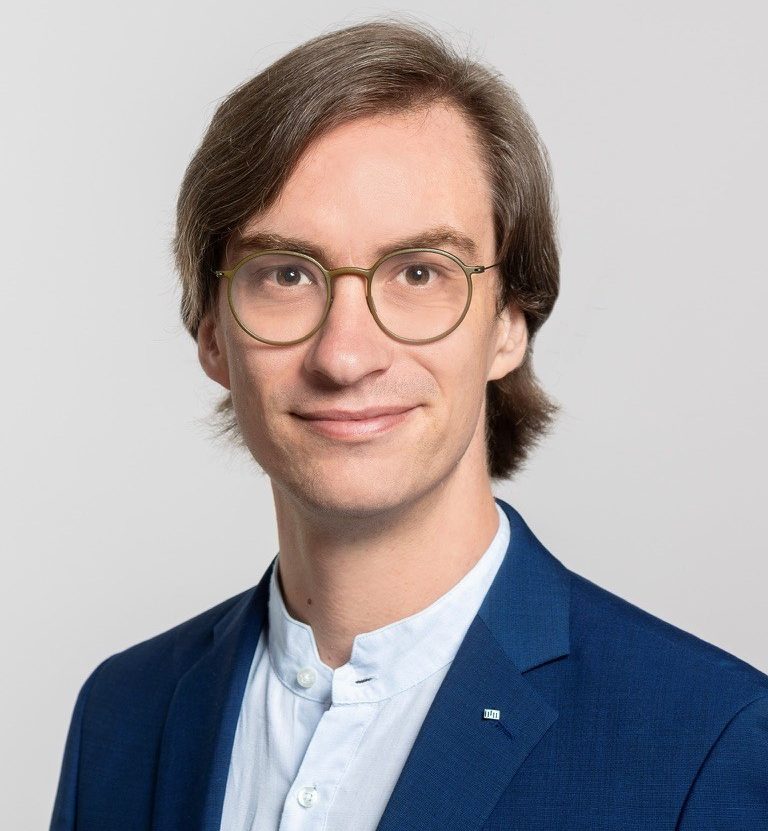
Helge Stein
TU Munich, DE
Biography
Prof. Helge S. Stein is a materials scientist and engineer who
specializes in developing robotic and data-driven experimental methods for
accelerated discovery, characterization, and upscaling of new materials in
catalysis and secondary batteries. He obtained his doctorate in
high-throughput methods in mechanical engineering from the Ruhr University
Bochum in 2017 and conducted research at Caltech before joining the
Karlsruhe Institute of Technology as a tenure track professor in applied
electrochemistry. In 2023, he was appointed to the professorship of
Digital Catalysis at TUM. Prof. Stein's work focuses on establishing a
global decentralized material acceleration platform using self-developed
robots, algorithms, machine learning, and data management.
Title
What comes after acceleration of research? What got us here?
Abstract
Automation and artificial intelligence have been rapidly evolving, allowing experimental chemists to accelerate discovery and scale-up processes. However, we must reflect on the journey that led us here and ponder what lies ahead. This talk will review the (r)evolutionary history of high-throughput experimentation (HTE), inverse design, and recent developments in materials acceleration platforms (MAPs). We'll explore the general concepts, robots, and machine learning algorithms that enabled us to test and manage experiments on millions of catalysts and build and test hundreds of batteries daily. However, speed alone is meaningless if research tasks are not integrated. We must go beyond intra-lab integration and accelerate science across labs and countries. This talk will highlight the fundamental challenges in accelerating research and what we must do to expedite the proliferation of insights and tools from the lab bench to factories and back. Throughout the journey, we'll examine the milestones that paved the way for the acceleration of research. From the early adoption of automation to the integration of machine learning, we'll explore the key developments that have shaped the landscape of experimental chemistry. Finally, the talk will conclude with demonstrations of accelerated developments from our lab that we successfully scaled to industry, showcasing the potential of these advancements in real-world applications. Join me as we reflect on the past, celebrate the present, and envision the future of accelerated research in chemistry and beyond.